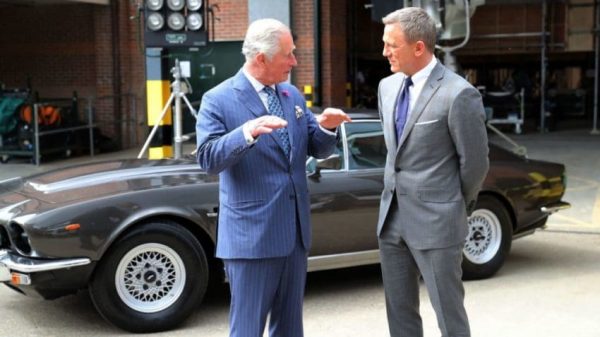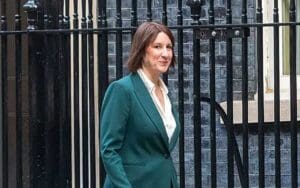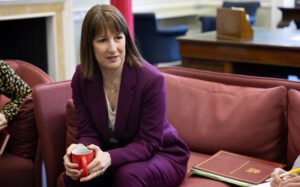Liz Truss will today announce a £150 billion package to freeze energy bills for up to two years as she ends the ban on fracking and gives the go-ahead for oil and gas drilling in the North Sea.
The prime minister will pledge action to prevent annual household energy costs rising from the present level of £1,971 to £3,549 from October 1 and as much as £5,000 in January. The package, which will be reviewed early next year but could last until the next election in 2024, will cap the cost of gas used to produce electricity and heat Britain’s homes and businesses and will be funded by increased borrowing.
Household bills will be limited to £2,500, with consumers also receiving a £400 rebate announced in May by Rishi Sunak, the former chancellor.
Truss will promise to take action to increase supplies of domestic oil and gas by reversing a ban on fracking put in place by Boris Johnson and offering incentives to local communities to approve applications.
Oil firms will be encouraged to exploit existing reserves in the North Sea, with as many as 130 oil and exploration licences likely to be awarded. Neither move is likely to yield quick results, though, as it can take upwards of a decade for new wells to become operational and each fracking site will be subject to lengthy planning inquiries. The prime minister said last night: “Putin’s war in Ukraine and weaponisation of gas supply in Europe is causing global prices to rise — and this has only made clearer that we must boost our long-term energy security and supply.
“We will take action immediately to help people and businesses with bills but also take decisive action to tackle the root cause of these problems, so that we are not in this position again. We will set out our plans to deliver on that promise and build a prosperous Britain for everyone.”
The government will reach legally binding agreements with energy providers to cap the wholesale price of gas for households and businesses. A government source said that the £150 billion earmarked for the scheme was a “gross” figure and likely to be lower, although they acknowledged that the costings were deeply uncertain.
Truss will argue that as well as helping consumers, the price cap will help to control inflation and reduce pressure in the medium term on the Bank of England to raise interest rates. Economists had feared that the energy price rises due in October and January could have pushed inflation up to 20 per cent.
The Bank of England said yesterday that it would still have to increase interest rates from their present level of 1.75 per cent to bring down inflation to the government’s target of 2 per cent. Inflation is at 10.1 per cent.
The pound yesterday fell to its lowest level against the dollar since 1985 amid concerns about Truss’s package of energy support and a surge in the value of the US currency, but regained ground later in the day.
The prime minister’s decision to fund the energy freeze from general taxation rather than a windfall tax on oil and gas producers represents a significant dividing line with Labour. Sir Keir Starmer, the Labour leader, yesterday accused Truss of protecting the “vast” profits of energy companies at the expense of working people. Truss said that such a tax would deter investment.
The moratorium on fracking has been in place since 2019 and represents a Conservative manifesto commitment. The drilling process involves pumping liquids at high pressure into shale rock to break it up and can lead to earth tremors. Under Truss’s plans, communities that live near fracking sites are likely to be compensated with discounts on their energy bills.
She has also said that she will be “led by the science”. In April Kwasi Kwarteng, who opposed fracking as business secretary, commissioned a review into whether extraction technology had improved in a way that would reduce the risk of tremors. The review was handed to the government by the British Geological Survey in July but has yet to be published by ministers.
As many as 130 oil and exploration licences could be granted in the North Sea, according to industry insiders. Ministers have also been in talks with energy companies to boost extraction from existing wells.
Read more:
Truss set to announce £150bn scheme to freeze energy bills for two years























